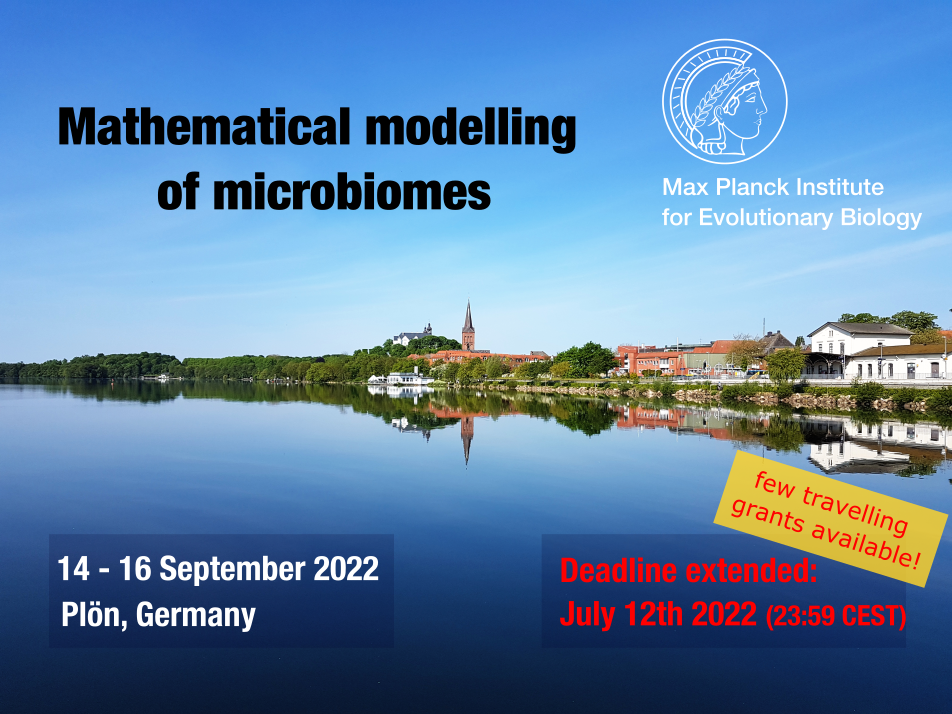Speaker
Description
Inflammatory bowel disease (IBD) is characterized by chronic inflammations of the gastric tract leading to severe gastrointestinal symptoms and reduced quality of life for patients. The causes of IBD are unknown to date but result in an overly active immune response in the gut. It is believed that the change in the microbial composition in the intestinal tract contributes to the onset and progression of IBD. With this study, we aim to understand the metabolic changes associated with the alteration of the microbial community as well as changes in the gut tissue of the patients during active inflammation. We used 16S and transcriptomic data from a longitudinal cohort of IBD patients to reconstruct metabolic models for the microbial community and the gut tissue. These models were used to characterize the metabolism of the microbiome and the host by flux balance analysis and related methods. The changes in the flux structure of metabolites were associated with changes in disease activity and treatment response. With this approach, we could identify metabolites whose concentration is altered by the microbial community, which feed into disease-associated metabolic pathways of the host and are directly associated with inflammation and treatment response. The results propose the short-chain fatty acids butyrate and acetate, the purine precursor inosine, and the bile acid cholate as new therapeutic targets for improvement in IBD treatment. We show that metabolic modeling is a valuable tool to understand changes in the metabolism of the host and the microbiome and how it can serve as an integration platform for diverse data layers obtained by modern omics approaches.

